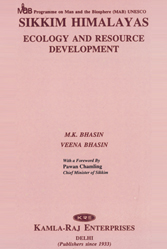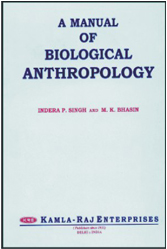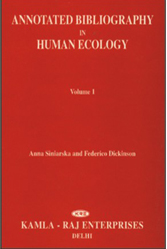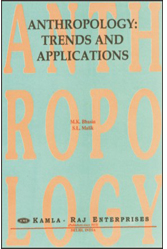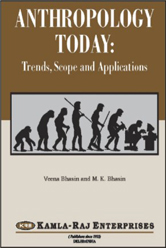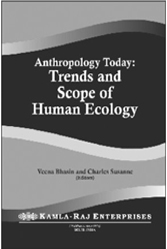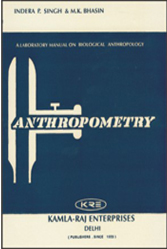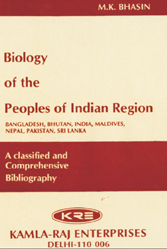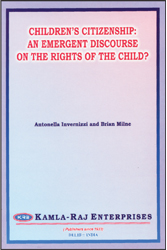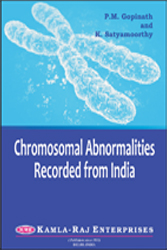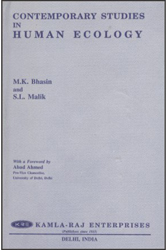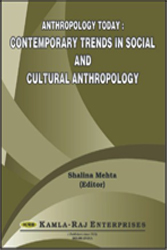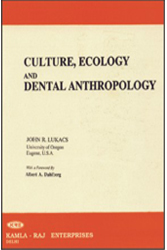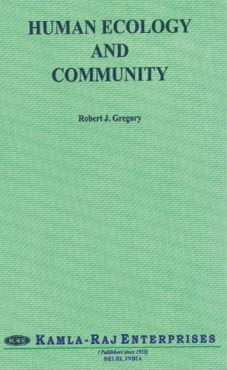
Those who work with ecological perspectives often choose and use human communities as convenient locales for both research and practice. Too, individuals and groupings within a community do communicate and relate with each other in bounded or circumscribed contexts, thus interlock together and influence each other as well as their surrounding physical and political environment. In addition, communities are purposeful in that people do follow various values and beliefs, thereby displaying still another of the many properties of system-ness.
Community psychologists, like applied anthropologists, some public health workers, political scientists, and sociologists, have found that the sub-groupings within a community are definable, observable, and related to each other and to the larger power structures of a particular community. As such, these groupings are inherently intriguing as integral parts of the human condition.
Palmerston North represents one such “typical” community in New Zealand. In this study, ten community psychology oriented researchers went forth to explore and describe specific groupings, then examined these parts and relationships of an entire community of people through use of ecological points of view. The process revealed both diversity and common themes, and as well, a fascinating and pleasant place to live.
